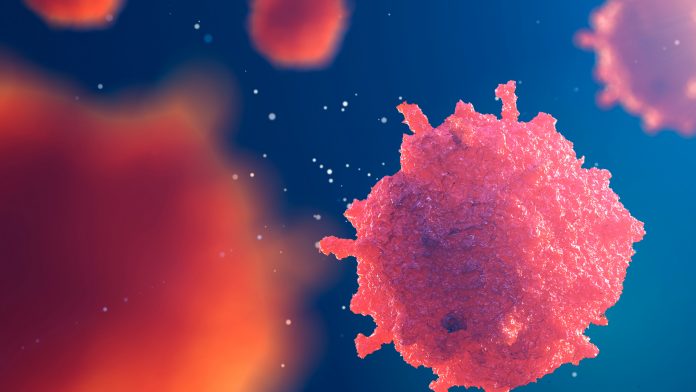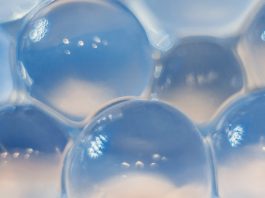Scientists at the RIKEN Center for Biosystems Dynamics Research (BDR) have been researching the processes behind cell proliferation in hopes of better treating cancer.
The group found that decreased consumption of a particular protein building block inhibits the growth of cells that become cancerous.
The team’s findings, which were published in the journal eLife, could lead to the possibility of dietary therapy for cancer.
A tumour is a group of cancer cells that reproduce uncontrollably; they derive from single cells that become cancerous when genes that trigger cells to multiply are over-activated. However, these genes, known as oncogenes, can also cause cell death, so activation of one oncogene inside a cell is not a large enough quantity to become a cancer cell.
This occurrence is considered to be a “fail-safe” mechanism that prohibits cells from turning into cancer too easily. In order for a cell to become cancer, numerous other oncogenes, along with cancer-suppressing genes, need to be stimulated in a multi-step process. The specifics of this process were the subject of the new study.
The team centred their research on an oncogene called Src and examined how cell proliferation —oncogenesis — and cell death are measured in the fruit fly. They demonstrated that Src does not stimulate cell death as a consequence of cell proliferation but pushes both processes independently and simultaneously. By hindering the function of specific genes through RNA interference, the team discovered that the gene p38 was involved in cell proliferation and that another gene, JNK was implicated in cell death. On top of this, they uncovered a gene called slpr that concurrently activates p38 and JNK.
“How oncogenes simultaneously promote cell death and cell proliferation has been controversial,” explained Sa Kan Yoo, of RIKEN BDR. “Our major finding was that the oncogene Src promotes cell death and cell proliferation via parallel pathways.”
One potential method of treating cancer utilises the fail-safe procedure by preventing cell proliferation, but not cell death. For this process to be successful, the researchers had to identify the molecular players involved in the process.
After the research group figured out p38 activation is a significant part of the process leading to cell proliferation, they realised they could make this concept a reality. After examining the gene, p38 in greater detail, they understood that its activity can be controlled by nutrients in the diet.
The team then tested their theory by examining the relationship between the food fed to fly larvae and cell proliferation. They discovered that by limiting the quantity of the amino acid methionine in the diet, p38-controlled oncogenesis was prohibited.
“We were excited to find that manipulating the amount of dietary methionine can affect cell proliferation but not cell death,” commented Yoo. “Currently we do not know whether our finding in flies will translate to cases of human cancer. But, we speculate that it will in particular cases because some human cancers also activate the Src gene.
“We are curious to know how general the mechanism is that we found here. Aside from the Src signalling pathway, we also found that slpr can mediate the signalling pathways controlled by other oncogenes. Finding out how this happens is our next goal.”









